Economic & Societal Dynamism
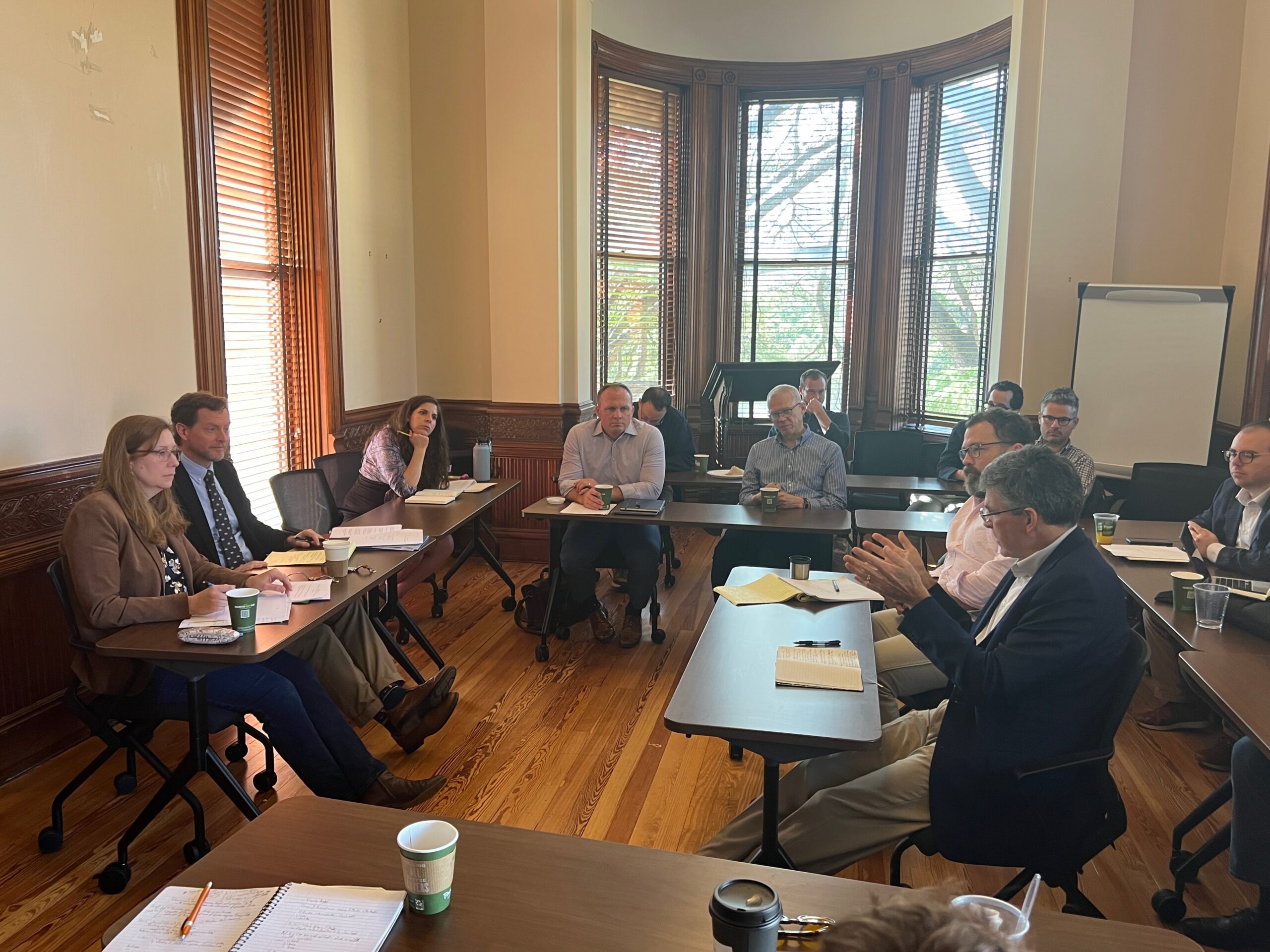
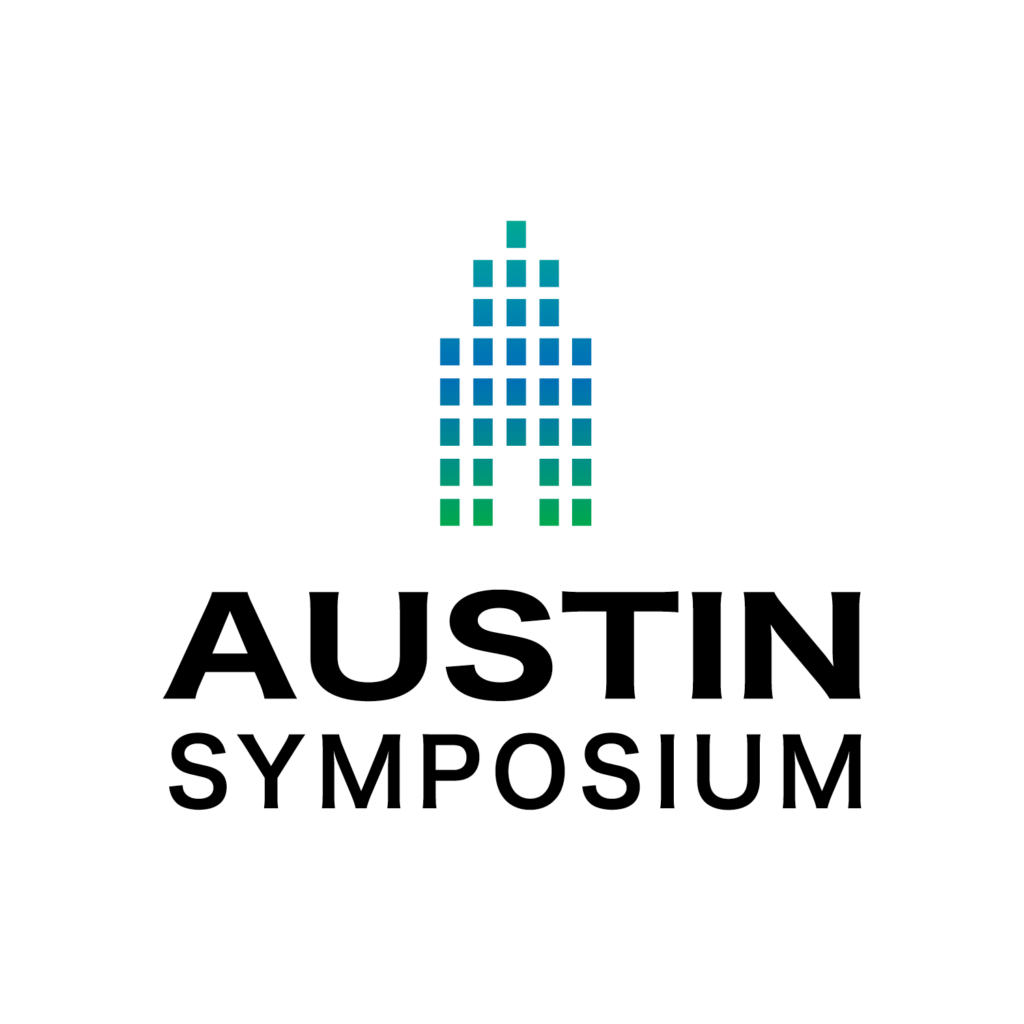
This annual gathering is the first of its kind to bring together scholars in an inter-disciplinary way to share and discuss the latest research on the state of dynamism and stagnation in America.
It brings together experts in entrepreneurship, migration, housing supply, bureaucratic barriers to growth, energy supply, cronyism, workforce quality, and more. It also involves thought leaders from our economy’s most dynamic economic sectors.
Its first gathering in May 2024, which will be titled “Dynamism and Its Enemies,” will feature presentations on the most promising ways to overcome the steepest barriers to dynamism that government policies have erected across the country.
No academic center holds an annual symposium like the Austin Symposium. It will quickly become the go-to annual event for the brightest minds and most creative entrepreneurs who care about how to overcome stagnation with dynamism in all aspects of our lives.
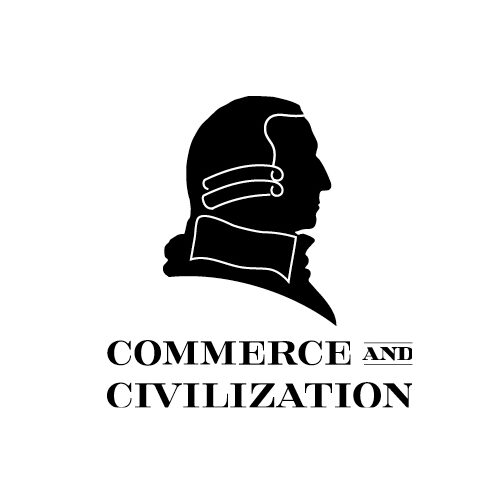
“It has become established opinion that commerce can never flourish but in a free government…The ages of refinement are both the happiest and most virtuous.” – David Hume
“Nothing tends so much to corrupt and enervate and debase the mind as dependency, and nothing gives such noble and generous notions of probity as freedom and independency.” – Adam Smith
Critics of free enterprise typically argue that it exploits laborers to the benefit of the wealthy or that it corrupts individuals by idolizing material gain, or both.
Versions of these critiques are now widespread on both the political left and right. But are they true?
Historically, philosophically, and empirically, the evidence points in the other direction. Market economies have lifted generations out of poverty, and the psychological and material benefits of vocational pursuits are well-known.
Adam Smith, the father of modern economics, and his 18th century contemporaries argued that commerce cultivates virtues that have a civilizing effect on society more generally. They did not shy away from commercial life’s challenges, and neither should we, but they discovered that commerce and civilization reinforce each other.
This essay series continues this tradition. It features the best writers from across the academic spectrum who explore the relationship between morality and markets. Our authors also gather for an annual one-day symposium to discuss their work with the UT and greater Austin communities.
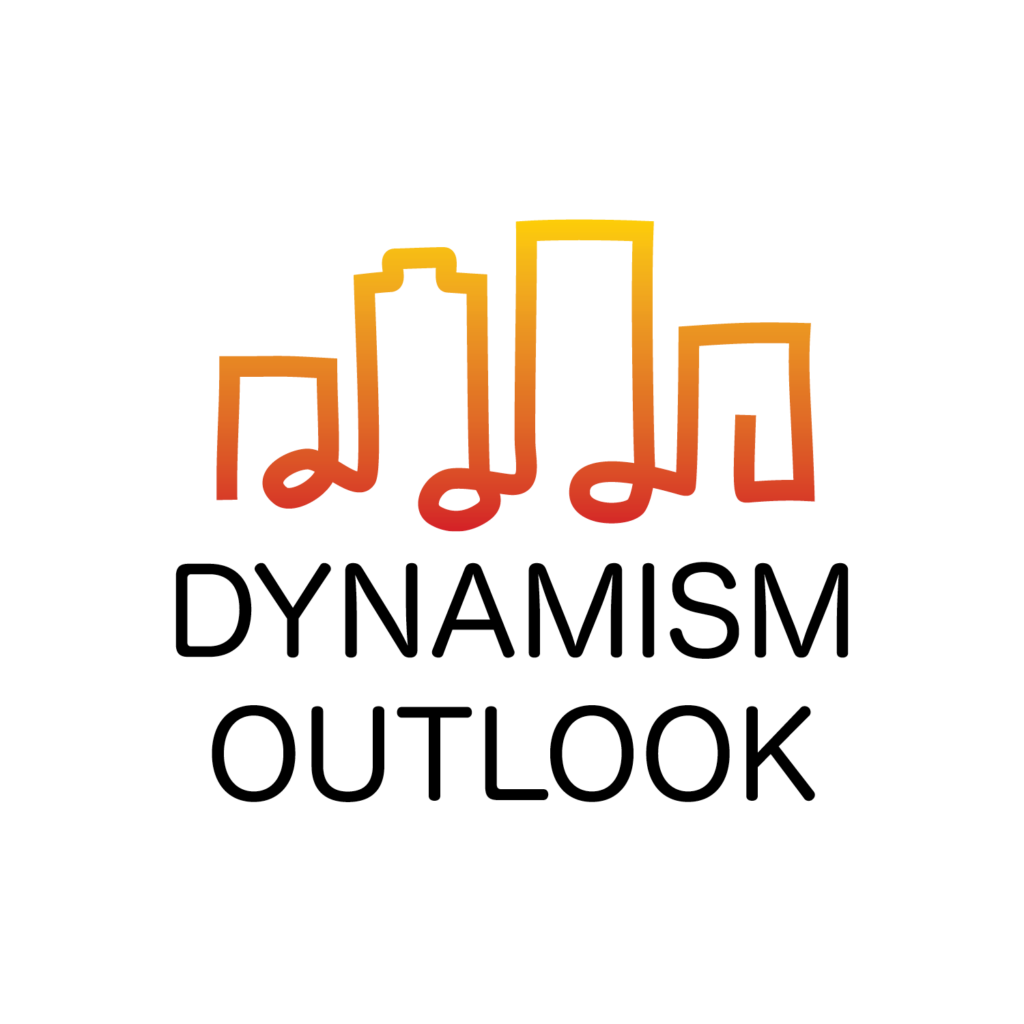
Stagnation – economically, socially, culturally – is the biggest threat to our future.
Its opposite, dynamism, is about growth, abundance, and personal fulfillment.
Stagnation results from regulation, cronyism, risk aversion, and a dull commitment to the status quo. Dynamism is about adventurism, creating and building more things, challenging orthodoxies, and rewarding risk-taking.
Dynamism built America. Stagnation threatens it.
Dynamism Outlook publishes accessible essays and articles in defense of grassroots entrepreneurship, accelerated innovation, and more creative enterprise. Our authors challenge the drift on both the political left and right toward government interference in the economy, cronyism, and top-down economic solutions.
Alongside Dynamism Outlook, the Civitas Institute regularly hosts its authors on stage in Austin to discuss and celebrate their work for the world to see via video and published transcripts.
Our authors are focused on the future – a dynamic future.
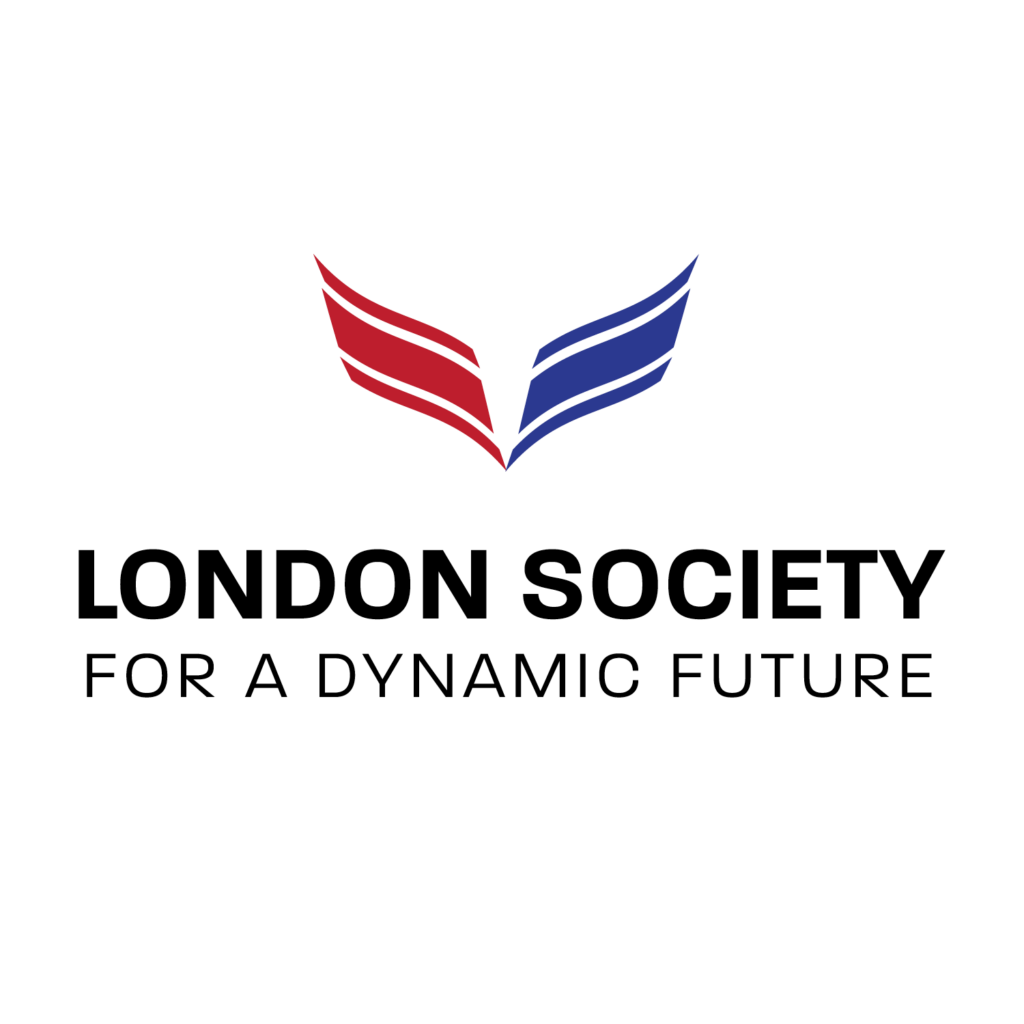
The US and the UK are linked historically, culturally, economically, and geopolitically in a well-known “special relationship.” Both countries also struggle with stagnating forces stemming from over-regulation of parts of the economy, corporatism, social welfare and labor policies that dis-incentivize entrepreneurial activity, and educational institutions that are ill-equipped for today’s economic realities.
This annual gathering in London every May brings together thought leaders in the UK, Europe, and the US to share ideas about reversing the stagnating trends that are afflicting western, developed societies. In partnership with King’s College in London, the event’s presentations will be published as a part of Civitas’s Dynamism Outlook, and participants will be afforded opportunities during the year between gatherings to be in touch through regular video and digital discussion groups, and to nominate additional participants. Participants agree to be listed online as Society members.
